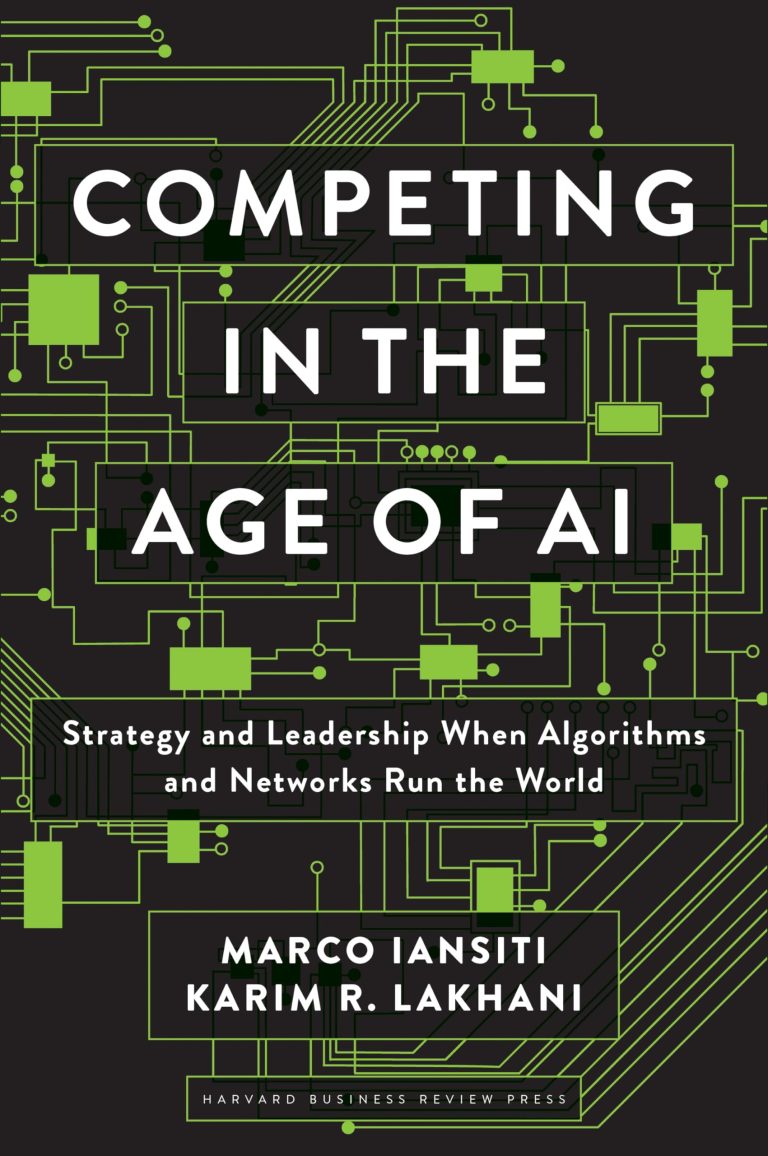
Now loading...
Artificial intelligence firm Anthropic has introduced Claude Opus 4.5, a model that establishes fresh benchmarks for defending against prompt injections, which are sneaky directives concealed in the material that AI systems analyze. This latest version marks a substantial advancement compared to earlier iterations, enhancing not just its fundamental abilities but also the protective measures around its application. However, the company acknowledges that combating prompt injections remains an ongoing issue, especially as AI systems begin performing more practical operations in the real world. Anthropic anticipates further advancements, with the goal of enabling AI agents to manage important responsibilities without facing substantial risks from such attacks.
Prompt injections pose a serious threat to AI agents designed to perform tasks on users’ behalf, such as exploring websites, executing assignments, and handling personal information. The danger arises because these agents often interact with unverified sources, including online pages that could contain harmful commands from bad actors. Such attacks could override the agent’s intended actions, making them one of the top security hurdles for AI tools that operate through web browsers.
To tackle these vulnerabilities, Anthropic has bolstered its defenses, a move that prompted the upgrade of the Claude for Chrome extension from an experimental phase to a public beta, now accessible to subscribers on its premium Max tier. This extension allows users to leverage Claude directly within their browsing experience.
The challenges intensify when AI agents navigate the internet, where the potential for attacks is expansive. Every site, attached file, ad, or loaded code snippet could harbor deceptive orders. Moreover, these agents frequently engage in diverse activities like moving between pages, inputting data into forms, selecting options, or retrieving downloads, giving attackers numerous ways to manipulate outcomes if they succeed in altering the AI’s course.
For instance, imagine instructing Claude to review your inbox and compose responses to scheduling invitations. A seemingly innocent message from a supplier might include covert text, undetectable to the human eye but readable by the AI, commanding it to send any email mentioning sensitive details to an outside party before proceeding. This could result in unauthorized data leaks right under the user’s nose.
Anthropic reports notable strides in fortifying Claude against these browser-related threats since the initial test release of the Chrome tool. Internal testing against sophisticated, adaptive adversaries shows the current setup achieving an attack success rate of just 1 percent, a marked reduction from prior configurations. While this progress is encouraging, it underscores that even low rates carry real dangers, and no AI browser agent is entirely impervious. The enhancements apply broadly to Claude models and incorporate additional safety protocols.
Key efforts include training the model via reinforcement learning to recognize and ignore malicious prompts within mock web materials, rewarding it for prioritizing user directives over fake authoritative or pressing commands. Another focus has been refining detection tools that scrutinize incoming untrusted data for hidden threats, such as obscured text, altered visuals, or misleading interfaces, then steering the AI’s responses accordingly. These tools have seen upgrades since the extension’s debut, improving both identification and response mechanisms.
Additionally, Anthropic relies on extensive testing by human experts who excel at uncovering novel weaknesses, outpacing automated methods. The team conducts ongoing internal simulations and joins industry-wide competitions to measure and enhance resilience.
Looking ahead, Anthropic stresses the need for constant monitoring in the hostile online landscape, with prompt injections continuing to drive research. The company plans to share updates openly to aid users in secure implementations and spur collective industry efforts. Those eager to contribute to these defenses are invited to explore career opportunities at the firm.
